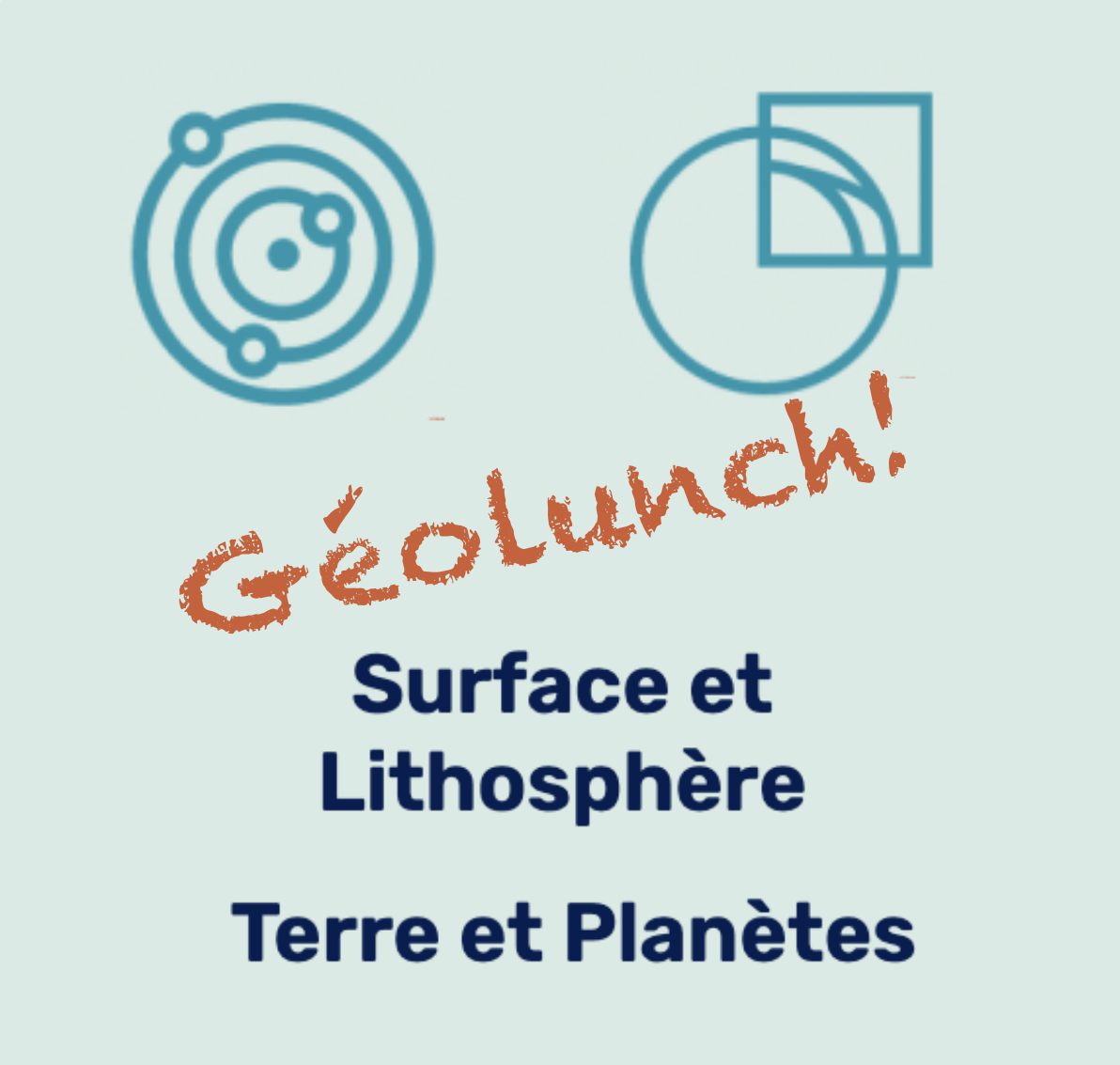Séminaire de Mathieu Soret
ENS Paris
Lieu : ENS Lyon, Salle de réunion du bâtiment M8
Date : 19/01/2024
Horaire : 12h30 – 13h30
Subduction dynamics driven by reaction weakening: from long- to short-term

Résumé :
Deep crustal shear zones, fundamental to the dynamics of terrestrial plate tectonics, exhibit complex processes of initiation and evolution that are yet to be comprehensively quantified across both long and short temporal scales. Conventionally, thermo–mechanical models posit that crustal rock